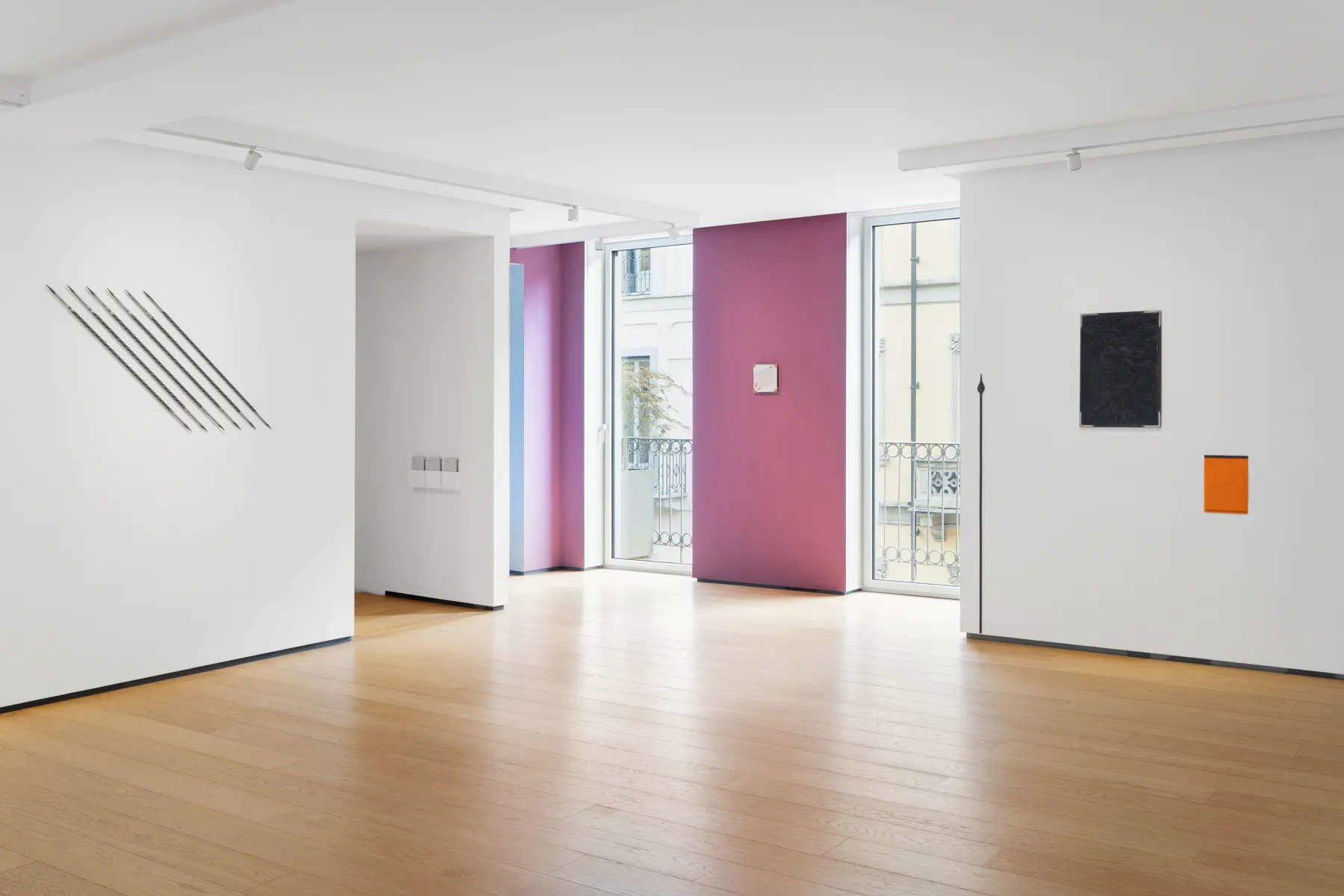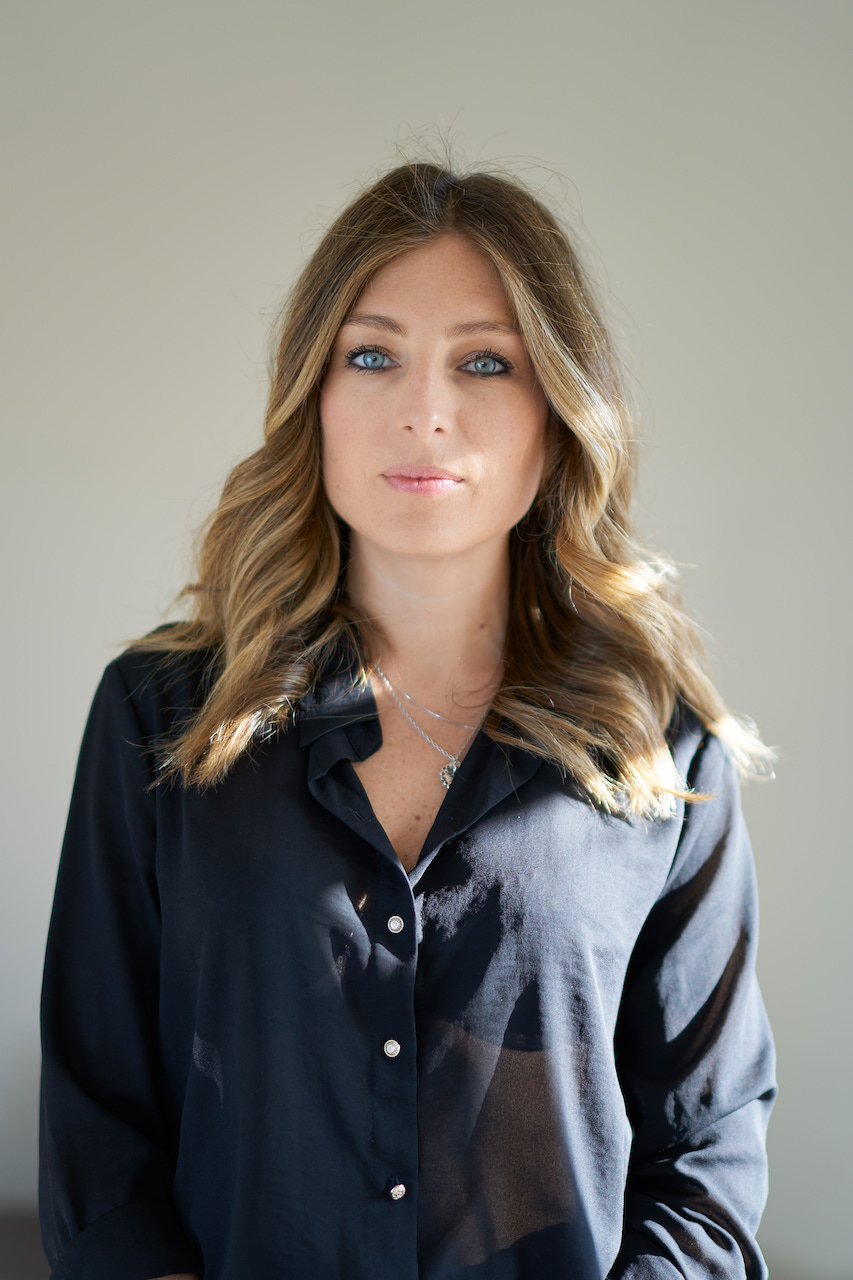Italian Council represents one of the few, if not the only one on an annual basis and for the past ten years, ministerial level activities to support and promote Italian artists. It is often lamented in our sector that artists are not considered or supported by the Italian government, especially in terms of a serious program of grants, museum acquisitions and promotion abroad. Supporting artists, so that they can express themselves freely and without compromise, is instead of central importance, because it is they who allow society to keep its eyes open, to reflect on itself through the metaphorical medium of art and imagination. Beauty is a fundamental tool for passing ethical values, and it is the community that should benefit from it. This concept often escapes politics, through ignorance or, even worse, through deliberate will. So the prize certainly has the merit of being a counter reality and, in my experience, I must say that it works well in terms of selection and opportunity.
As curator, I supported artist Delphine Valli in an interesting residency project abroad that won the 10th edition. The Italian Council occasion created an intense intellectual exchange, giving both the artist and me the opportunity to reflect on our own paths and to compare ourselves with those of intellectuals and artists from other countries. Already in the stages of outlining the project to be presented, entitled “The Impossible Present,” interesting insights into the artist’s work in relation to Islamic art emerged. The prospect of reconnecting with the Maghreb, where Delphine lived until the age of 16, generated artistic and emotional developments of great depth. The residency was supposed to be in Algiers, then for reasons beyond our control it was diverted to Marrakech, where Delphine spent a few months and I joined her for a series of talks at Le18, an artists’ residency in the heart of the medina of the Pink City. This running change generated surprising encounters and discoveries.

Italian Council staff was present and available for discussion with the artist during her residency, giving her the freedom to change course according to events and to choose how to return the project. Thanks to Italian Council’s funding, we produced a high-quality publication together with the art publisher Parallelo42, with an experimental and open character, precisely with the idea of continuing a dialogue that, like research, has no last word. And so also the project “The Impossible Present” is continuing, in fact there will soon be an exhibition by the artist who precisely as a result of the residency has developed a new series of works, which will be exhibited together with part of the photographic and textual documentation produced in Marrakesh.
Over the years I have seen several returns of projects by other artists as well, which in most cases I found very interesting. The great participation in the Italian Council calls and the value of the projects that have come out of them from 2017 to today are strong signals of how much official recognition is needed, which gives importance to the cultural exchange, research and paths of our artists.
If I had to point to something to improve, I would say the system of taxing research grants, which would be nice to become awards. These are in fact one-time funding for the research of artists, a category of great Italian excellence that we are recognized worldwide, but which at home has no support.
We are in difficult times, the cultural sector is being severely affected both in terms of supply and quality, lately we have often had tangible proof of this in our museums. Complex thinking, art in general, must be kept as safe as possible from any attempt at trivialization and instrumentalization. Means such as the Italian Council are useful only if they maintain a principle of freedom, which artists must have by definition. Beware then, for all art is political but only if it is free.
This contribution was originally published in No. 25 of our print magazine Finestre Sull’Arte on Paper, erroneously in abridged form. Click here to subscribe.

The author of this article: Melania Rossi
Nata a Prato nel 1980, Melania Rossi si è laureata in Storia dell’arte e ha successivamente ottenuto un master in Comunicazione multimediale per l’arte presso l’Università degli Studi di Firenze. Svolge attività di curatrice indipendente, firmando progetti in collaborazione con istituzioni pubbliche e private, sia in Italia che all’estero. Collabora da molti anni con riviste specializzate ed editori d’arte, per i quali scrive di arte contemporanea e cura pubblicazioni monografiche e cataloghi di mostre.Warning: the translation into English of the original Italian article was created using automatic tools. We undertake to review all articles, but we do not guarantee the total absence of inaccuracies in the translation due to the program. You can find the original by clicking on the ITA button. If you find any mistake,please contact us.